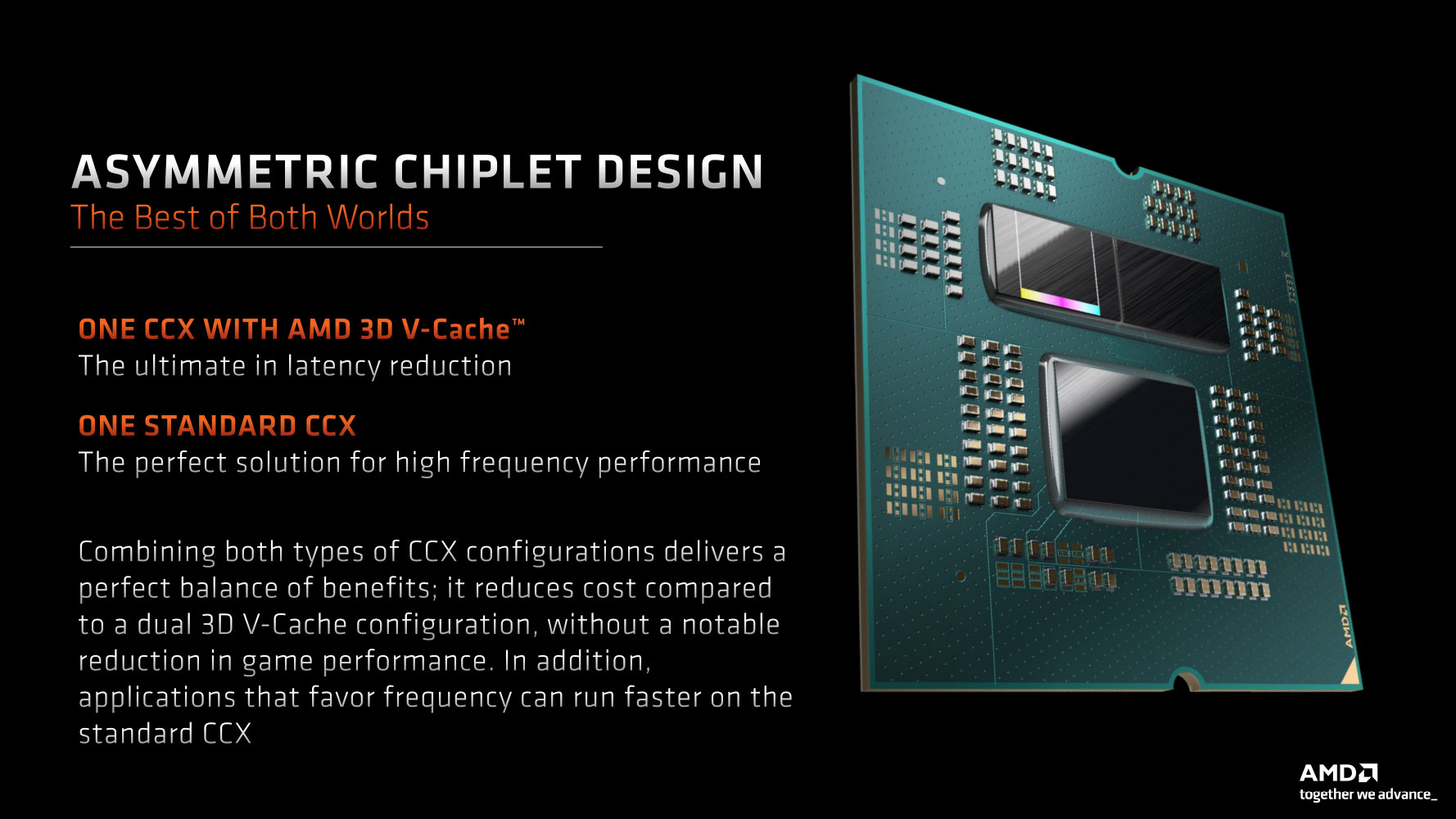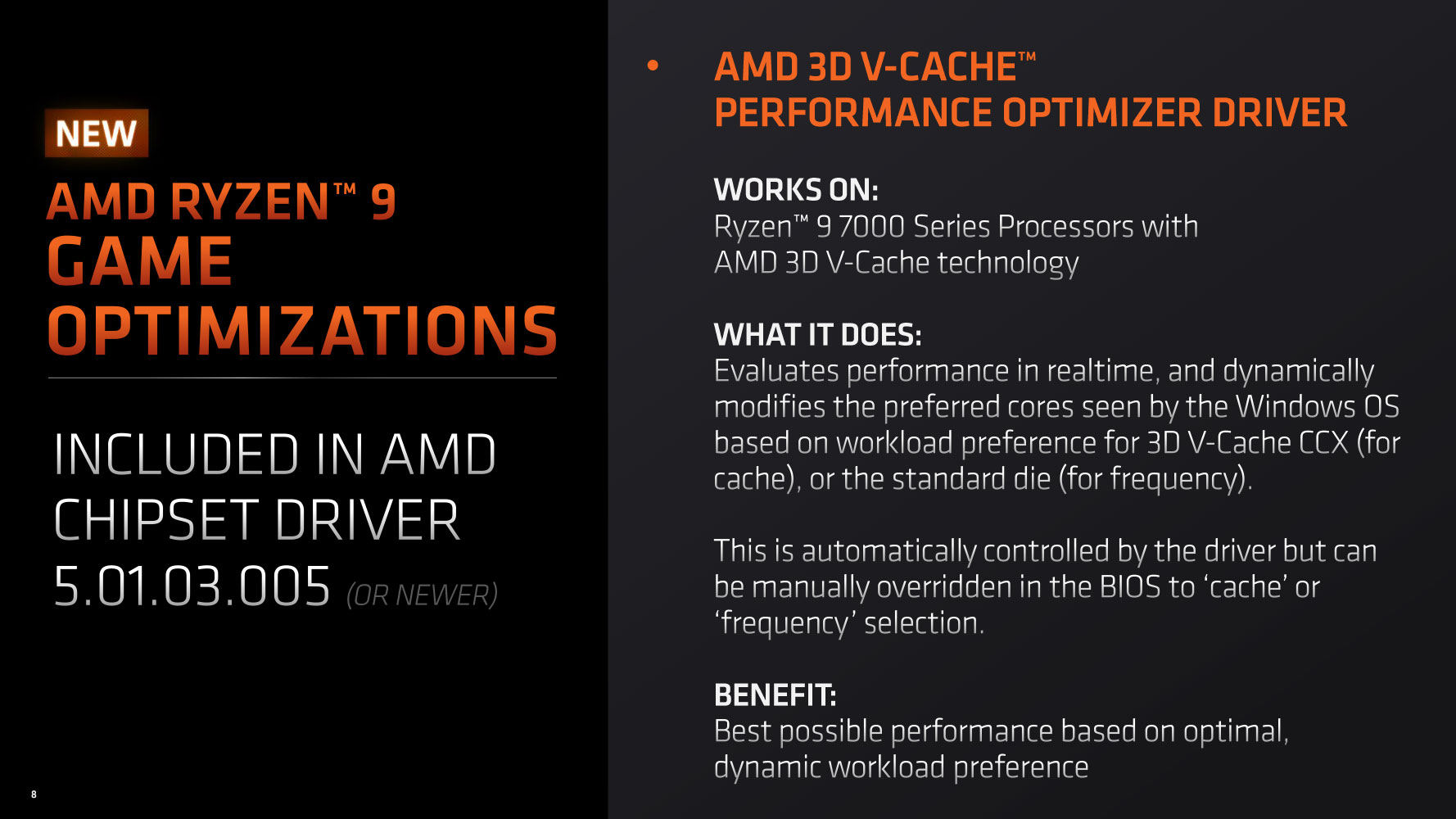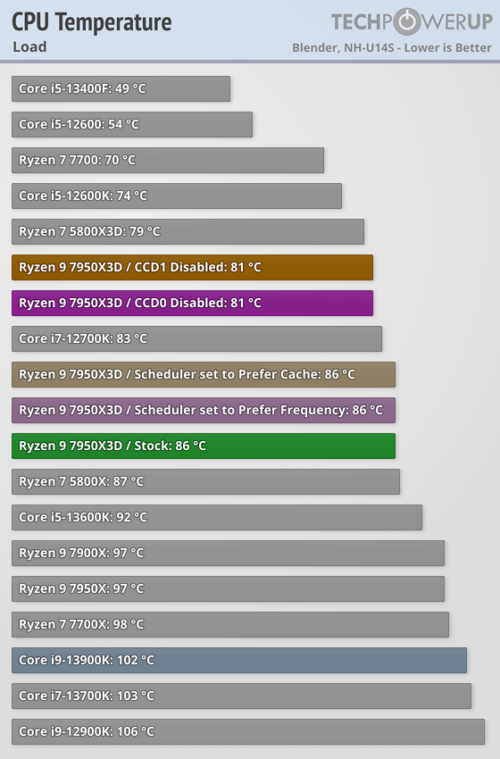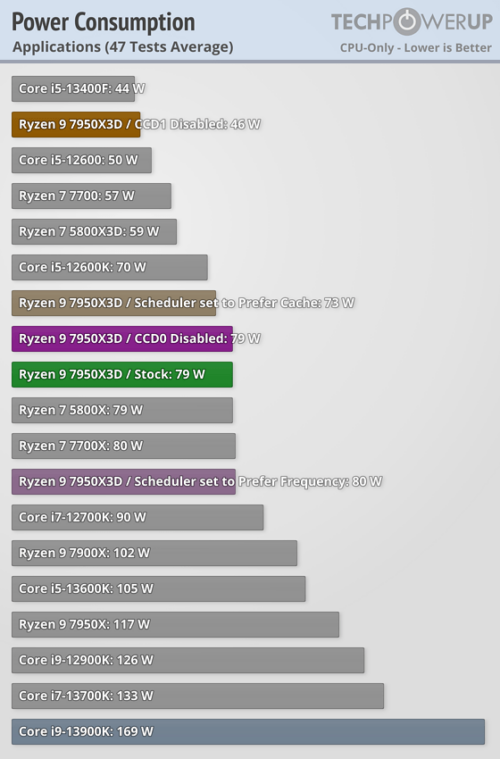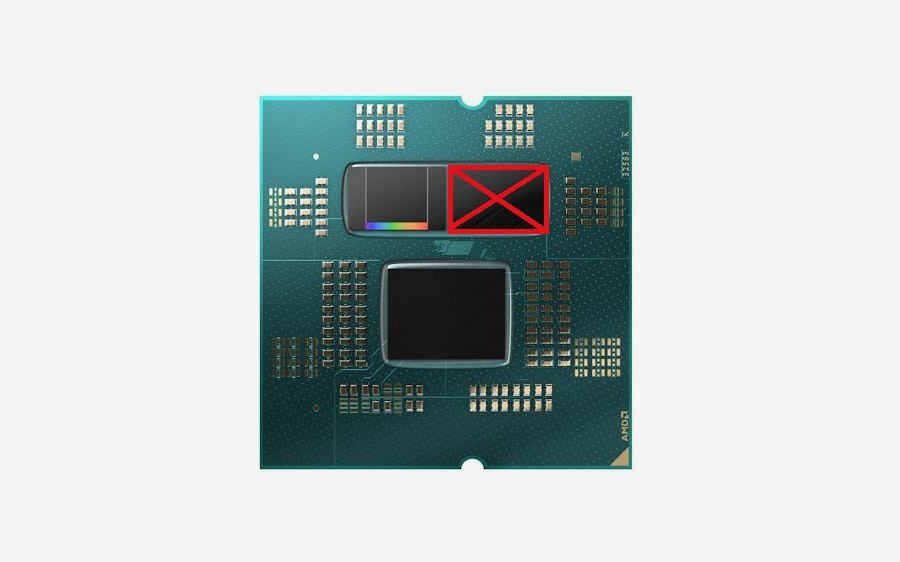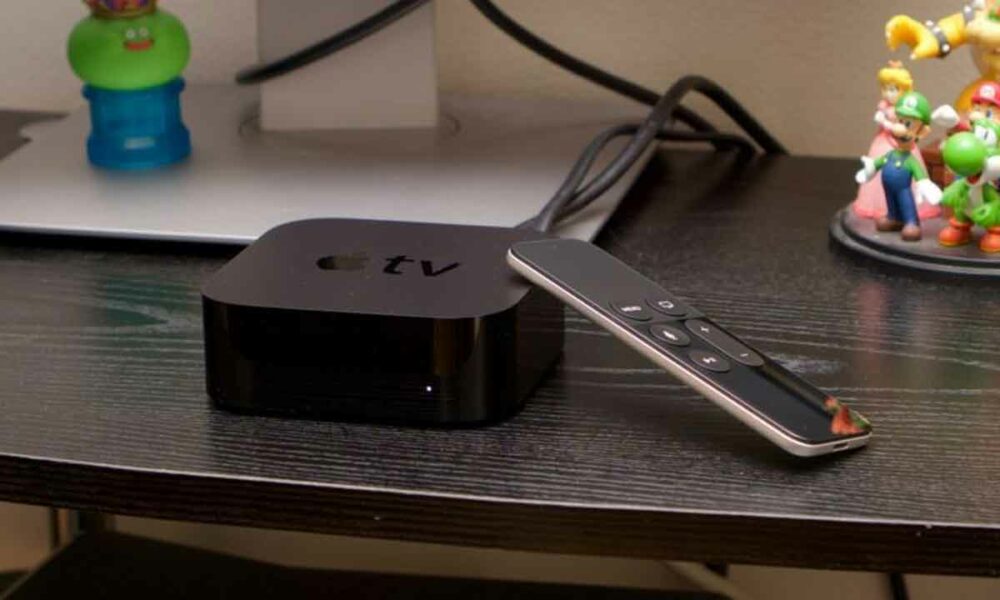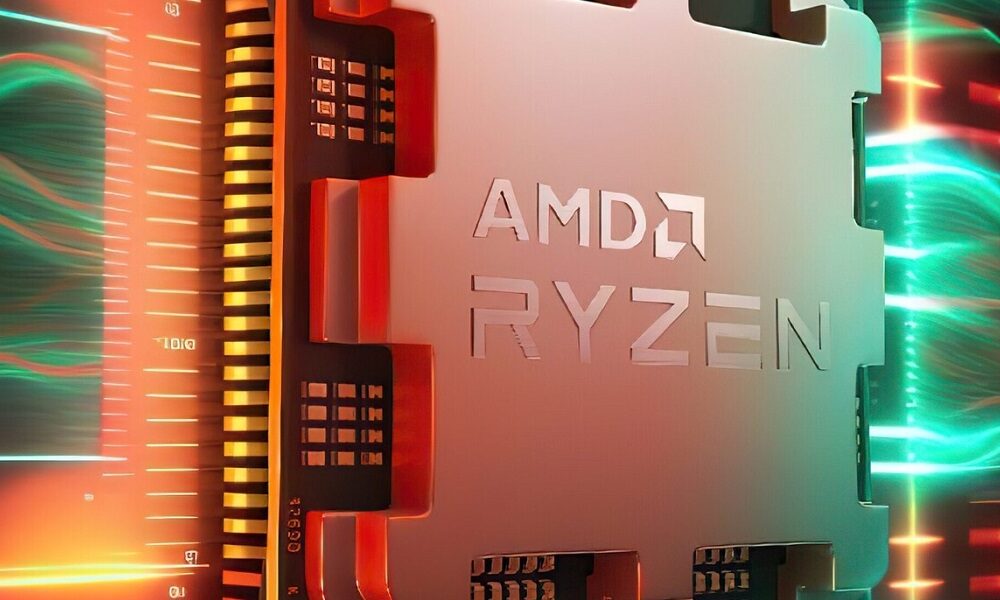
Yesterday the Ryzen 9 7950X3D was launched, a high-performance processor that has been accompanied by the Ryzen 9 7900X3D, and which has become a one of the most powerful processors for games. AMD also plans to launch the Ryzen 7 7800X3D, but at the moment we are not sure when it will hit the market nor do we know what exact price it will have in Spain.
A leak let us see a lot of performance data of the Ryzen 9 7950X3D before its launch, and in the end these have been confirmed in broad strokes. TechPowerUp has published the best Ryzen 7 7800X3D review I’ve seen to date, in fact even going as far as disabling a CCD unit to give us an idea of the approximate performance we can expect from the Ryzen 7 7800X3D, and making it clear that the Ryzen 9’s great value 7950X3D is not in its performance, It is found in its consumption and its working temperatures.
Ryzen 9 7950X3D Performance: Loses in Apps, Narrowly Wins in Games
In professional applications and tests, the Ryzen 9 7950X3D loses out to the Intel Core i9-13900K by 2.2%, it actually loses out even to the Ryzen 9 7950X by 0.3%, and the difference is bigger if we enable the task scheduler to prioritize the cache. This is a consequence of something that I have already told you many times in the past, that extra L3 cache only really improves performance in games.
Gaming performance data confirms that the Ryzen 9 7950X3D is the most powerful processor available today. Working as it comes from home, it beats the Intel Core i9-13900K in games, with 720p resolution and a GeForce RTX 4090, by 1.6%. If configured to prioritize the cache, the difference rises to 3.8%. When prioritizing the frequency, the Ryzen 9 7950X3D loses against the Intel chip by 10.2%.
You can enlarge the gallery by clicking on it.
When upping the resolution to 1080p the Intel Core i9-13900K beats the Ryzen 9 7950X3D, running stock, by 0.2%, but loses to it by 2.5% when prioritizing cache. By raising the resolution to 1440p, the Intel chip beats the default AMD chip by 2.3%, but loses to it by 0.7% when configured to prioritize cache. At 4K we see the Intel Core i9-13900K win by 0.2% over the Ryzen 9 7950X3D configured to prioritize cache.
I don’t think anyone is going to buy a Ryzen 9 7950X3D or a Core i9-13900K, and a GeForce RTX 4090, to play in 720p or 1080p, so I think the conclusion we can draw from this comparison is very clear, the value offered by AMD’s new top-of-the-range in terms of performance is very small, and its sale price will largely determine if it’s really worth it. worth it or not
Consumption and temperatures: here it really shines above the competition
The Ryzen 9 7950X3D, configured to prioritize L3 cache, reported a average consumption of only 73 watts in a total of 47 different applications, while the Intel Core i9-13900K hit the 169 watts. This means that the first was able to perform a little more than the second, consuming less than half that, which translates into a much higher performance per watt.
As you may have imagined, lower consumption also entails more contained working temperatures. The maximum peak of the Ryzen 9 7950X3D configured to prioritize cache was 86 degreeswhile the Intel Core i9-13900K had a peak of 102 degrees (both data obtained in Blender). In games, the first remained in the 72 degrees and the second reached the 87 degrees. Again, the difference is noticeable, and the Ryzen 9 7950X3D is even cooler than the Ryzen 9 7950X, which had a peak temperature of 97 degrees.
Keep in mind, however, that the Ryzen 9 7950X3D is very close to its thermal limit, which has been set at 87 degrees, which is lower than the model without the 3D stacked cache, and which we imagine responds to the greater sensitivity of this to heat. We will need a 360mm liquid cooling kit to keep it at optimal values, so keep that in mind, since it is a processor that is still demanding in terms of dissipation, something normal, since we are talking about a chip that has 16 cores and 32 threads.
The best thing is to wait for the Ryzen 7 7800X3D
That is the conclusion I could draw from everything I’ve seen so far. The L3 cache affects performance in games, and in these games having 16 cores and 32 threads does not make any sense. Therefore, buying a Ryzen 9 7950X3D if your main objective is to play games is a bad idea, because you will be paying for something that you will never really take advantage of.
The Ryzen 7 7800X3D is a more interesting option because it maintains the 64 MB of 3D stacked cache (96 MB in total), because it has 8 cores and 16 threads (exceeds the optimal minimum for gaming) and because it comes with a single CDD drive, which eliminates the problems that have been confirmed with the dual CCD drive configuration that its big brother has.
To all of the above we must also add that the Ryzen 7 7800X3D is going to be cheaper, although unfortunately we still do not know the final price for Spain, only the prices for the United States. The Ryzen 9 7900X3D costs 699 euros, so it is most likely that the Ryzen 7 7800X3D will position itself in the range of the 549-599 euros, approximately.
